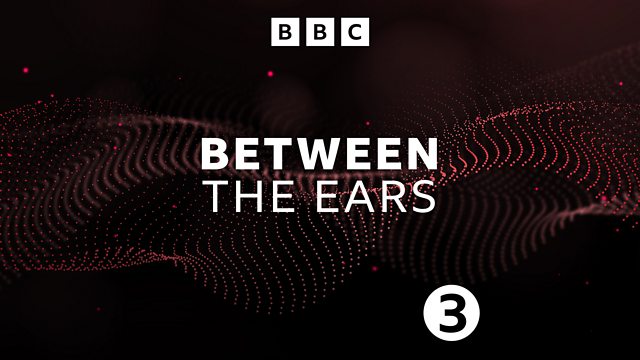Rhythms of Remembering
An exploration of the 7th-century poem The Gododdin, a lament for the fallen, bringing to life one of the oldest, yet enduringly relevant, treasures of European literature.
A radiophonic exploration of The Gododdin, a lament for the fallen, bringing to life one of the oldest, yet enduringly relevant, treasures of European literature
The Gododdin occupies a unique place in the literature of the United Kingdom. The oldest Welsh poem - a battle elegy from around 600AD - it was passed down orally, possibly in the form of song, for hundreds of years. Written down by two scribes in the 13th century in a form of proto-Welsh - Brythonic - then spoken from Scotland down through Cumbria to present day Wales, it's as strange yet accessible to Welsh-speakers today as Chaucer is to English-speakers. The events commemorated are real, but took place before Wales and England even existed, and long before there was such a thing as the English language.
The Gododdin were a tribe based south of present day Edinburgh, who, as Britannia was reshaping itself in the post-Roman era, were fighting off incursions of Anglo-Saxons from the east. The poem describes a real battle. The time is the 7th century; the site of the battle near Catterick; the context, a warring world of rival tribes and chieftains. We can identify the lord, Mynyddog Mwynfawr, who gathers the Celtic warriors together from his own tribe, calling for help from Gwynedd in present-day Wales. And we know that the poem was composed by Aneirin, who must have been present at the battle.
Aneirin recorded what he witnessed in a series of 100 elegies for the fallen. What we hear is an evocation of the men who went into battle, hopelessly outnumbered, and were cut down. Their names in themselves are a form of poetry, the naming a sacred act of commemoration. The characters of the fallen are here preserved like bog-men of fifteen hundred years ago. 'Madog cut down men like rushes, but was shy before a girl'; 'At court the quiet one, Erthgi made armies groan'.
The Gododdin, largely forgotten, re-emerged in the early twentieth century. Its tale of the pity of individual lives ended in battle, often young lives, carries clear relevance today. The Gododdin also deals in what we would now call collateral damage: the bereaved and the bereft. The epigraph to David Jones's First World War masterpiece In Parenthesis is taken from The Gododdin, and it collapses the distance between the 20th century and the 6th century: 'Sennyessit e gledyf ym mhenn mameu' - 'His sword sounded in the heads of mothers'. Today, the Gododdin's ancient tale of warriors, far from home, serving a nobleman and paying with their lives, seems both timeless and timely.
Between the Ears: Rhythms of Remembering enters into the world of The Gododdin, weaving extracts of Gillian Clarke's new English translation of the poem with an immersive soundscape and music. Her translation of Aneirin's words - the first complete one by a poet - read by Lisa Jen Brown, provide the backbone of the programme, and the poem's history and resonance today is explored through interviews with Gillian, theatre director Mike Pearson, and Ieuan Jenkins, who recalls his experience of serving as a young soldier in Iraq and Afghanistan.
With music specially composed for the programme by Georgia Ruth.
Produced for 成人论坛 Wales by Megan Jones
Last on
Broadcast
- Sun 23 May 2021 18:45成人论坛 Radio 3
Binaural sound
What is it and why does it matter?
Podcast
-
![]()
Between the Ears
Innovative and thought-provoking features on a wide variety of subjects


